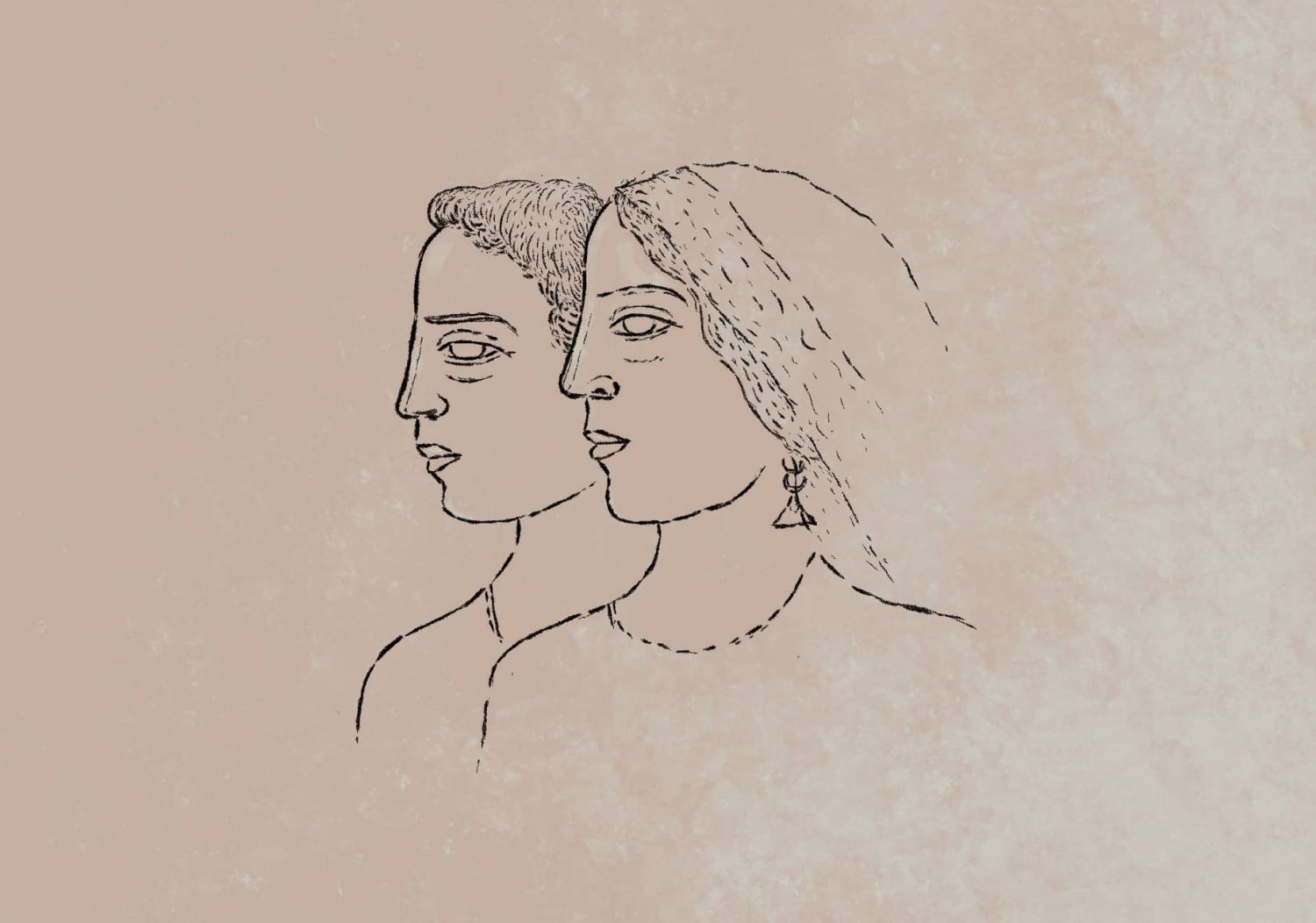My mother and brother applied for Israeli citizenship when I was 18 years old. At that time, I refused to apply. My mother acquired citizenship after a process that took more than four years. My brother’s application was rejected because he had previously been indicted for assaulting an Israeli soldier.
When my mother’s application was approved, I was almost 22 years old. I started imagining that history could repeat itself. We could be displaced again similar to what happened during the 1948 Nakba or even the 1967 Naksa. My grandparents were originally from al-Lydd, one of the largest and oldest cities in pre-1948 Palestine. They were kicked out of their homes during the Nakba, and they were forced to abandon all their properties and money. This might sound unlikely today. But I don’t want to leave my mother behind if they kick me out.
I decided to apply for citizenship when I was around 22 years old. At that time, I was a student at the Hebrew University of Jerusalem. The technical process was fast and easy. It took four months and two interviews. However, I hear that Palestinian Jerusalemites usually experience a harsh and long process.
I started thinking objectively about my circumstances. We were born under Israeli control and occupation. I know that Israel is an occupying power, that it stole Palestinians’ lands. I know we are the owners of the land. I also know the state provides services and assistance to it citizens. The Palestinians living in the West Bank are suffering. I know it is not their fault. In Jerusalem, we hear new rumors about land theft and displacement every day. Palestinians will be thrown into the Empty Quarter.2
I thought that having Israeli citizenship might give me greater security and safety. I would be able to travel to many countries without applying for a visa, I would finally be able to book a ticket and travel. This was never an option when I had only an Israeli travel document [see Precarious Status].
I signed many documents. I can’t recall what I signed off on. However, I still remember the exact words of the employee at the Israeli Ministry of Interior. She warned me about participating in demonstrations against the government. She threatened to revoke the newly acquired citizenship if I raise my voice. I feel that I was brainwashed. During my high school years, I was active. I participated in several demonstrations against the war on Gaza. I saw how Palestinians are losing their lives or live with disabilities as a result of Israeli aggression.
When I was young, I was more patriotic. But when I grew up, I started thinking that participation in demonstrations will not help. They are here. They took over our land. I can’t change this reality. I am powerless.
Stigma is attached to acquiring Israeli citizenship. Palestinian Jerusalemites see acquiring the citizenship as a betrayal; they think that people who do that sold their homeland. I really feel guilty and ashamed. While Palestinians are giving their lives to liberate Palestinians, I was selfish and acquired this citizenship for personal benefit. I stopped wearing the Palestinian keffiyeh or anything with the Palestinian flag on it.
Palestinians were displaced during the Nakba and massive genocide was committed by Israel against the Palestinians. And I acquired Israeli citizenship.
After almost six years with an Israeli citizenship, I don’t feel safer or more secure.. I see no difference in the services Israel provides or in the rights I enjoy.
I am a fish out of water when I leave Jerusalem. I travel for vacation to have fun, but I miss Palestine so much. I feel relaxed only when I am back, not during the vacation.
Because I am a Palestinian, and not Jewish or Israeli, it doesn’t really matter that I have a citizenship. If Israel wants to kick me out of my homeland, it will. I am always a threat. Unless I am an Israeli or Jewish, I will always be at high risk of displacement.
If I stand before a Palestinian flag today, I will say that I am sorry. I will tell the flag I wish I was born in a free Palestine. I wish I never felt forced to acquire Israeli citizenship.

